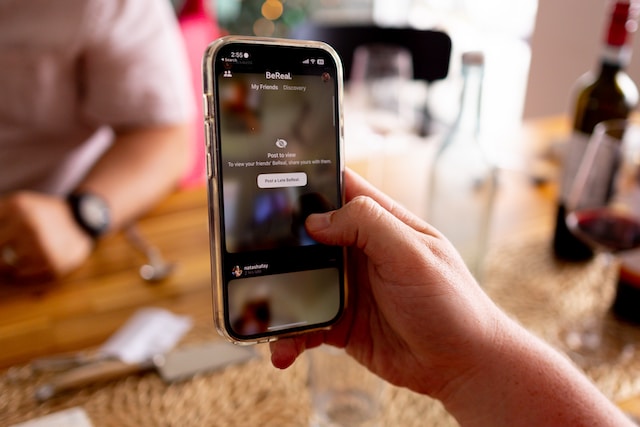Introduction: In today’s digital age, social media has become an influential force in the lives of children and adolescents. While it offers connectivity and opportunities for self-expression, concerns have arisen regarding its impact on young individuals’ self-esteem and body image. The Surgeon General has recently shed light on these issues, emphasizing the need for awareness and action. This article explores the ways in which social media can affect kids’ self-esteem and body image, as highlighted by the Surgeon General.
- Comparisons and Idealized Standards: One of the key factors contributing to the negative impact of social media on kids’ self-esteem is the constant exposure to curated and idealized versions of others’ lives. Children often compare themselves to their peers’ edited and filtered posts, leading to feelings of inadequacy and a distorted self-perception. The Surgeon General points out that this comparison culture can contribute to diminished self-esteem and a negative body image.
- Cyberbullying and Body Shaming: The Surgeon General underscores the prevalence of cyberbullying on social media platforms and its detrimental effect on kids’ well-being. Children may become targets of body shaming, cruel comments, or hurtful messages related to their appearance. Such experiences can lead to a significant decline in self-esteem and body image, causing long-lasting emotional distress.
- Unrealistic Beauty Standards: Social media often perpetuates unrealistic beauty standards, emphasizing the importance of physical appearance. The Surgeon General highlights that children, particularly adolescents, are highly susceptible to internalizing these standards, leading to body dissatisfaction and an increased risk of developing disordered eating patterns.
- Influencer Culture and Product Promotion: The rise of influencer culture on social media platforms can also impact kids’ self-esteem and body image. Influencers, who often present carefully curated images and lifestyles, can inadvertently promote unattainable beauty ideals. Moreover, the frequent endorsement of products related to appearance, weight loss, or cosmetic procedures can contribute to a harmful consumer mindset and a negative self-image.
- Lack of Context and Authenticity: The Surgeon General emphasizes the need for children to understand that social media offers a limited and often distorted view of reality. Photoshopped images, staged moments, and curated content create an unrealistic portrayal of life. Without proper guidance, children may fail to differentiate between the online facade and the complexities of real life, leading to dissatisfaction with their own experiences and bodies.
Conclusion: The Surgeon General’s insights on the impact of social media on kids’ self-esteem and body image shed light on a pressing concern in today’s digital landscape. It is crucial for parents, educators, and policymakers to recognize the potential harm and take proactive measures to mitigate its effects. This includes promoting media literacy, fostering open conversations about body image, and encouraging a healthy balance between online and offline activities. By empowering children with critical thinking skills and self-acceptance, we can help them navigate the digital world with resilience and a positive sense of self.




